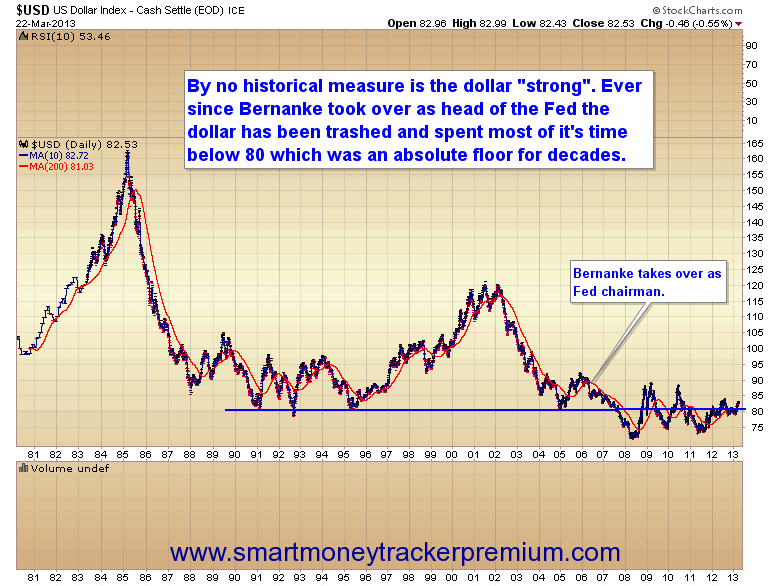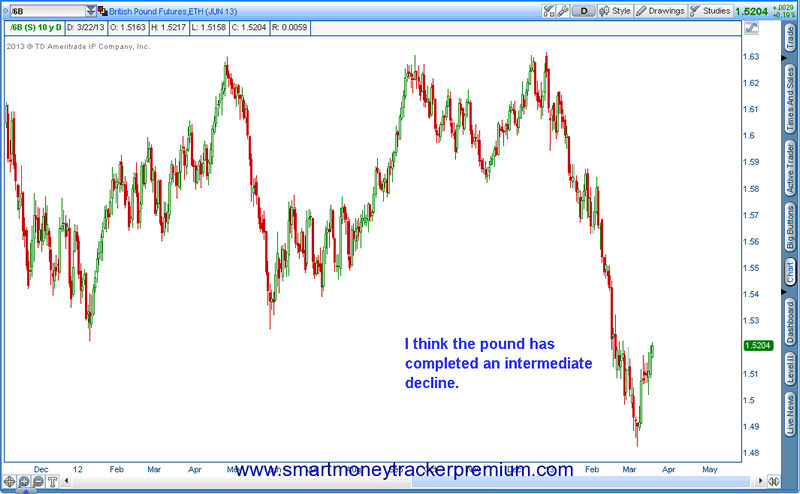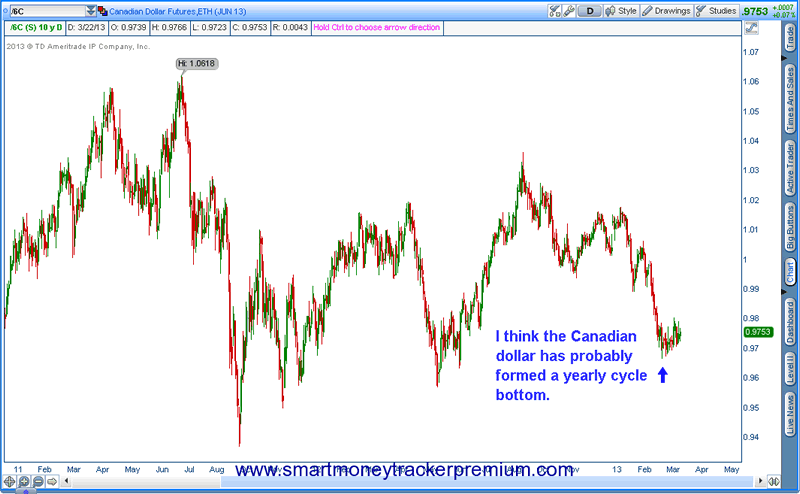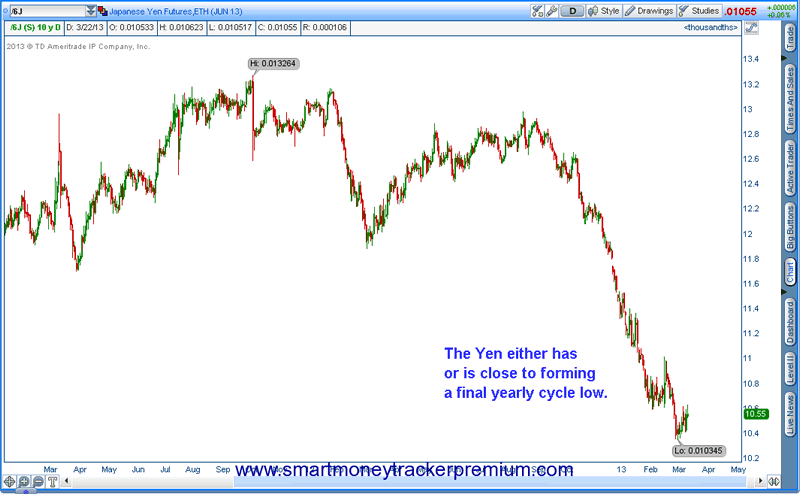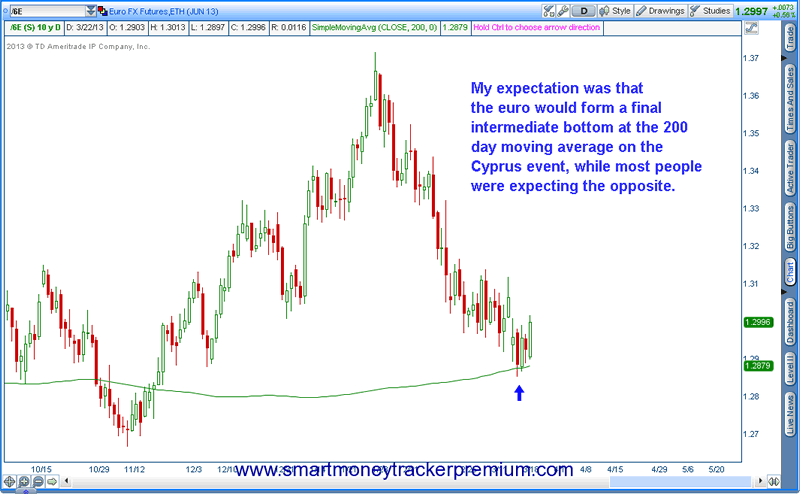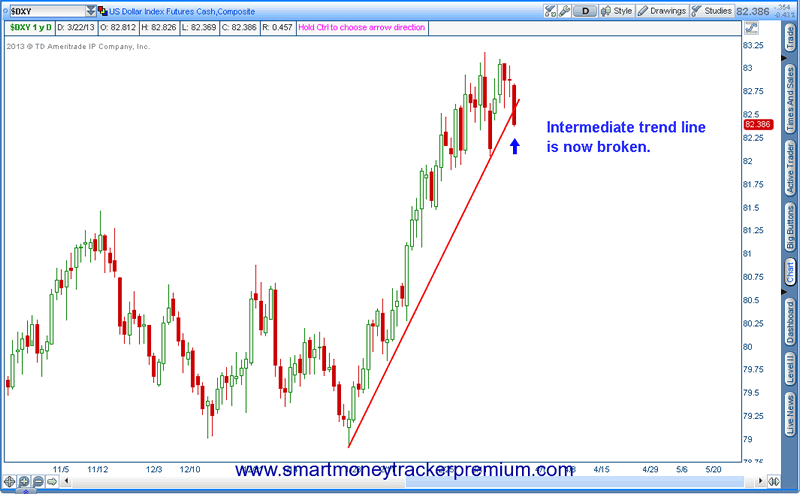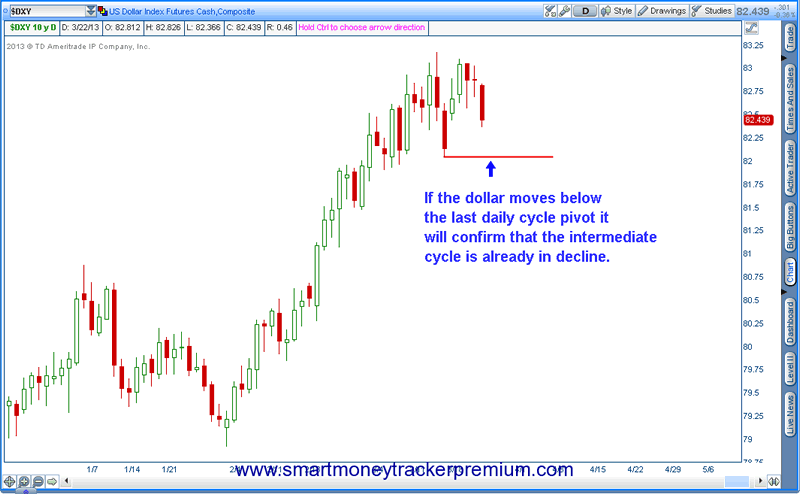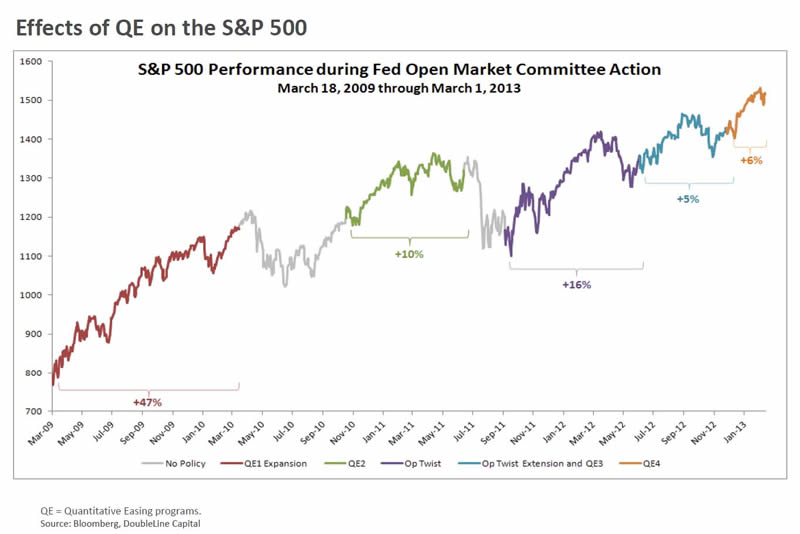“Slovenia’s pledge to continue austerity measures failed to stem a rise in bond yields to record highs as investors worry the Alpine nation will follow Cyprus as the next euro-region member requiring a bailout.
Prime Minister Alenka Bratusek, in her first major policy speech since taking office, told Parliament yesterday that her week-old government would rebuild ailing banks and improve state finances that are in “bad shape” so the country won’t become the sixth euro member to need aid.
European Union officials are striving to contain a debt crisis that prompted Cyprus to joinGreece, Portugal, Ireland and Spain in agreeing on a bailout. Bratusek’s lack of specifics on how to avoid foreign support helped push the country’s benchmark dollar-denominated bonds to an all-time high at a time when Slovenia is looking to tap bond markets.
“Developments in Cyprus have translated into concerns that Slovenia will struggle to access the Eurobond market over the coming months as it moves to recapitalize its banking sector and shift reliance for budget financing away from the domestic banking sector, with an increased risk of a haircut in deposits,” Gillian Edgeworth, chief economist at UniCredit SpA (UCG) in London, wrote in a note to clients yesterday.
The yield on Slovenia’s dollar-denominated bonds maturing in 2022 rose a record 6.382 percent yesterday and dropped 4 basis points today to 6.34 percent at 9:20 a.m. in Ljubljana, data compiled by Bloomberg show. The cost of protecting Slovenian bonds with credit-default swaps surged 66 basis points today to 384, according to data compiled by Bloomberg.



